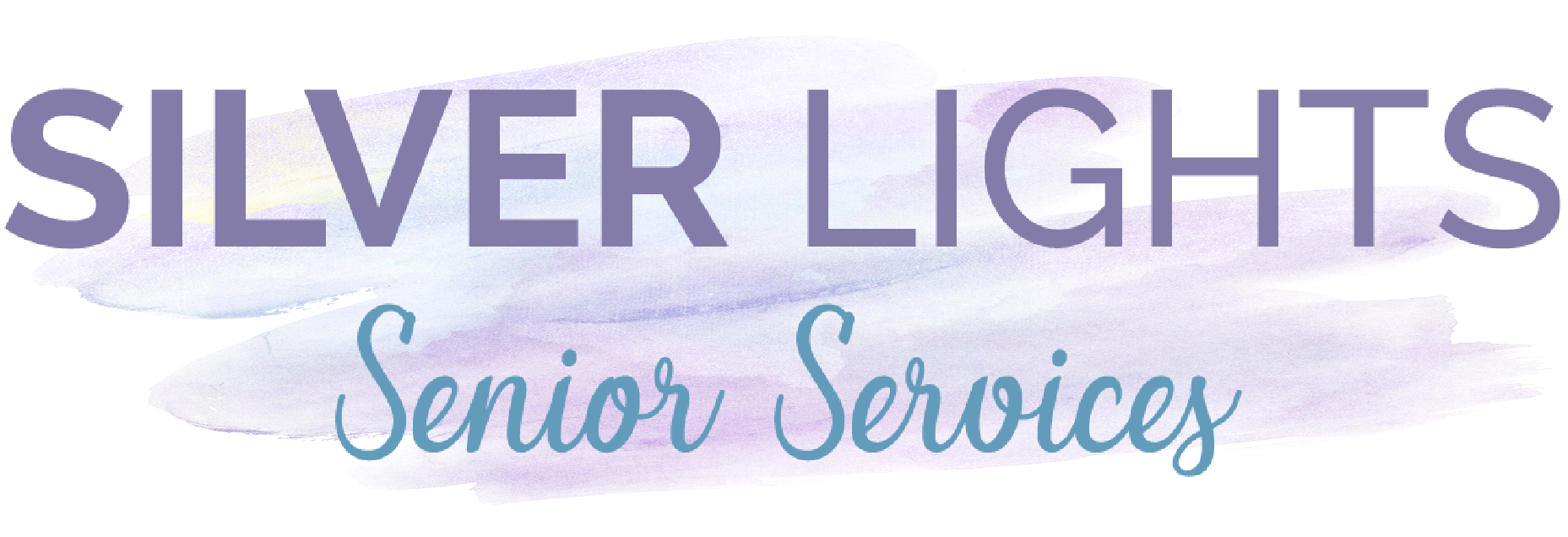DementiAbility and Memory Loss
I’d like to introduce you to a unique and innovative approach designed to help people living with Alzheimer’s disease and other related dementias live their best lives called “DementiAbility.” DementiAbility (formerly known as Montessori Methods for Dementia) is based on the idea that, even when living with dementia, people can still have meaningful experiences, express themselves, and engage with the world around them in ways that feel natural to them. The main goal of DementiAbility is to create environments and activities that work with the person’s remaining abilities, rather than focusing on what they can no longer do. This approach respects the individuality of each person, making sure they continue to feel valued, capable, and included.
One of the key concepts behind DementiAbility is the “Abilities” model. Instead of seeing dementia as something that takes away a person’s skills, this model encourages caregivers, family members, and professionals to recognize and build on what the person can still do. This helps the person with dementia feel more confident and engaged, rather than focusing on their losses. For example, instead of trying to get someone with advanced stage Alzheimer’s to recall specific memories, DementiAbility helps caregivers create activities that engage them in ways that match their current abilities. These might be things like simple, hands-on tasks (sorting items, folding laundry, washing dishes, etc.), music, or visual prompts that tap into their remaining skills and interests. The idea is to empower the person to stay involved in life in a way that’s comfortable and meaningful for them.
Another important aspect of DementiAbility is environmental design. The physical space around a person living with dementia can have a big impact on their mood, behavior, and level of engagement. DementiAbility emphasizes creating environments that are calming, familiar, and free from stressors that might cause confusion or frustration. Simple changes like using clear signage or way finders (we use way finders with bold yellow writing and/or pictures on a black background – did you know that yellow is the last colour to leave your vision?), incorporating familiar objects, and minimizing clutter can make a huge difference in how a person living with dementia interacts with their surroundings. It’s about making the space feel like home, so they can move around with more confidence and independence.
A huge benefit of DementiAbility is its focus on individualized care. Every person living with dementia is different, and their experiences and needs can change over time. DementiAbility helps caregivers and family members create a personalized care plan that addresses the unique strengths and preferences of the individual. This can include adapting activities to match their abilities, finding ways to improve communication, and identifying triggers that might cause distress. By taking a more individualized approach, DementiAbility helps improve the overall quality of life for people living with dementia, making them feel respected and understood. As Gail Elliott, founder of DementiAbility, says: “when you know one person living with dementia, you know one person living with dementia”. Everyone’s journey is different.
DementiAbility also emphasizes the importance of relationships. It encourages meaningful interactions between the person living with dementia and their caregivers, family members, and friends. Instead of just focusing on tasks, DementiAbility promotes connection and communication. Even when a person living with dementia may have difficulty with verbal communication, there are many other ways to connect, like through touch, music, or simply spending time together. The focus is on building trust and creating positive experiences, which helps reduce anxiety and frustration for both the person with dementia and their caregivers.
In short, DementiAbility offers a refreshing and respectful approach to dementia care. It helps people living with Alzheimer’s disease and related dementias to maintain their dignity, independence, and sense of self by focusing on their abilities rather than their limitations. Through personalized care, thoughtful environmental design, and meaningful connections, DementiAbility offers a way to enrich the lives of those living with dementia, allowing them to live with greater purpose and joy. If you want to learn more, you can visit their website at www.dementiability.com.
Susan works for Silver Lights Senior Services, a family-owned and operated seniors’ homecare company serving the City of Kawartha Lakes. Their services currently include an Adult Day Program for Dementia, community PSW and companion support, and a short-stay seniors’ retreat on a beautiful 3-acre property in Lindsay. Find them on Facebook and Instagram or visit their website at www.silverlightsseniorservices.com. To book services, call Tammy at 705 308 1940 or to register for the Day Program, call Susan at 705 308 7923.
